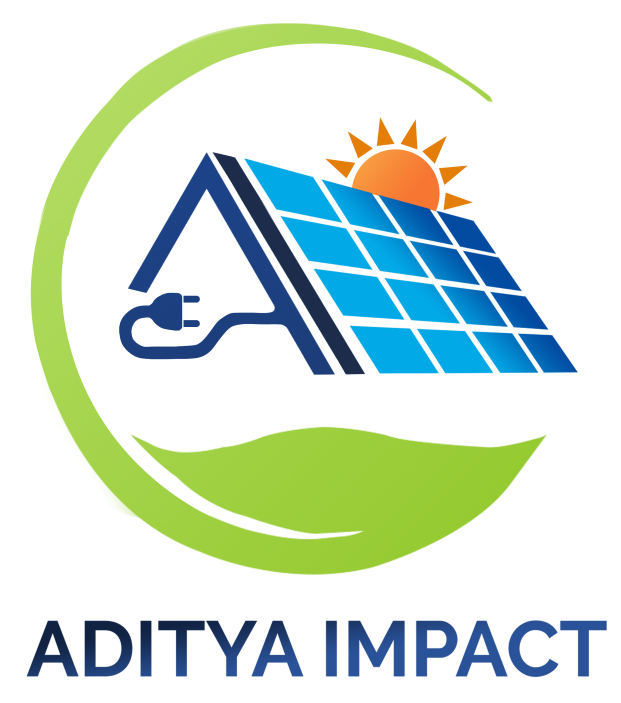KNOW SOLAR
Know Solar: The Benefits of Solar Energy
Solar energy is rapidly becoming one of the most popular sources of renewable power. Here’s why investing in solar is beneficial for individuals, businesses, and the planet.
Why Choose Solar?
Environmental Impact
- Clean and Renewable: Solar power generates electricity with zero emissions, significantly reducing greenhouse gases and reliance on fossil fuels.
- Combat Climate Change: Switching to solar is one of the most impactful steps toward a sustainable future, helping mitigate global warming.
Financial Savings
- Reduced Electricity Bills: By producing your own energy, you can save up to 100% on electricity costs. Excess power can often be sold back to the grid, earning credits or rebates.
- High Return on Investment: Solar power systems typically pay for themselves within 4-5 years, offering long-term savings over a lifespan of 25+ years.
Energy Independence and Stability
- Control Over Energy Costs: With solar, you’re less affected by electricity rate hikes and can lock in a stable energy cost for decades.
- Energy Security: Solar energy provides an independent power source, ideal for areas with unreliable grid access or frequent outages.
Government Incentives and Subsidies
- Financial Support: Many governments offer incentives like subsidies, tax credits, and low-interest loans to make solar more affordable.
- Accelerated Depreciation Benefits: For businesses, solar investment can lead to tax savings through accelerated depreciation.
Minimal Maintenance
- Low Upkeep: Solar systems are designed to be durable and require minimal maintenance. Regular cleaning and occasional inspections keep them running efficiently.
- Long-Lasting Performance: High-quality solar panels have a lifespan of 25+ years, and inverters typically last around 10-15 years, providing long-term reliability.
Increased Property Value
- Higher Resale Value: Properties with solar installations are often valued higher, as buyers appreciate the long-term cost savings and sustainability.
How Does Solar Work?
- Solar Panels Capture Sunlight: Solar panels, made up of photovoltaic (PV) cells, convert sunlight into direct current (DC) electricity.
- Inverter Conversion: An inverter converts the DC electricity into alternating current (AC), which is suitable for powering homes and businesses.
- Net Metering and Energy Storage: Excess energy can be fed back into the grid (net metering) or stored in batteries for later use.
Types of Solar Systems
- On-Grid Solar Systems: Connected to the utility grid, allowing you to send surplus power back and draw from the grid when needed.
- Off-Grid Solar Systems: Operate independently of the grid and typically include battery storage for energy use at night or during outages.
- Hybrid Solar Systems: Combine grid connection with battery storage, providing both energy security and flexibility.
Solar Investment Options
- CAPEX Model: You own the system and pay the upfront costs, gaining all financial benefits and government incentives.
- RESCO Model: A third party installs and maintains the system, and you pay for the power produced, eliminating upfront costs.
Solar for Every Need
Whether for residential, commercial, or industrial purposes, solar power can be tailored to meet specific energy needs. Take advantage of government subsidies, financing options, and professional support to make your transition to solar smooth and rewarding.
Switch to solar today and enjoy a clean, cost-effective, and independent energy source. Embrace the future of energy with solar power!
